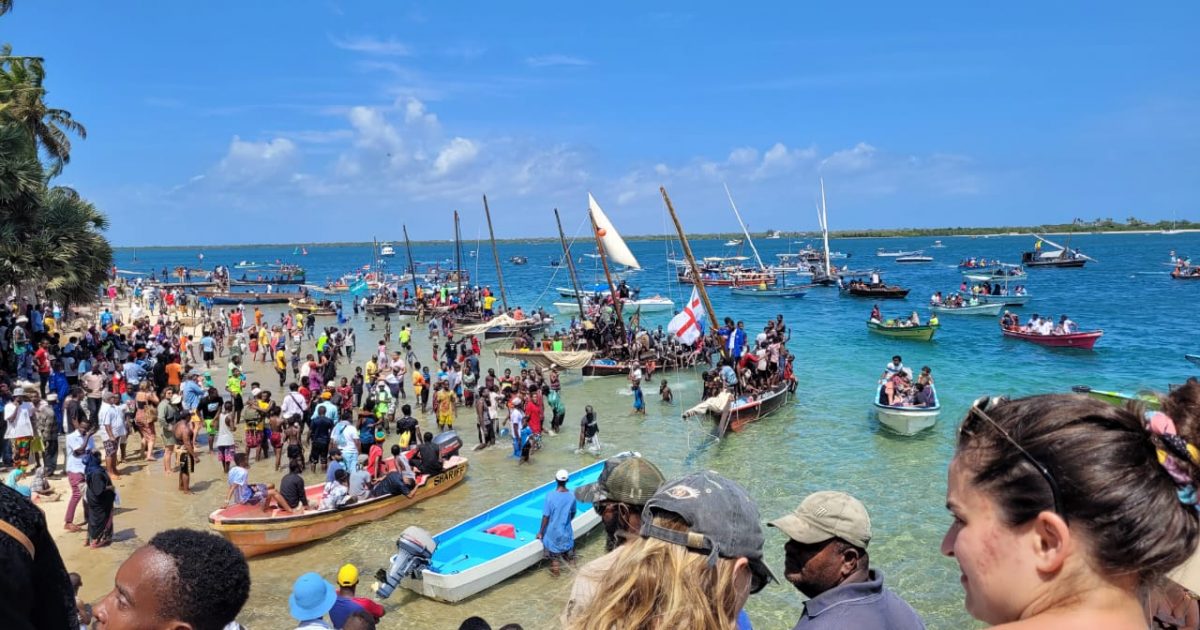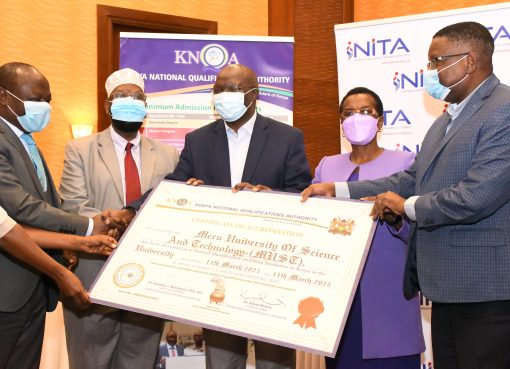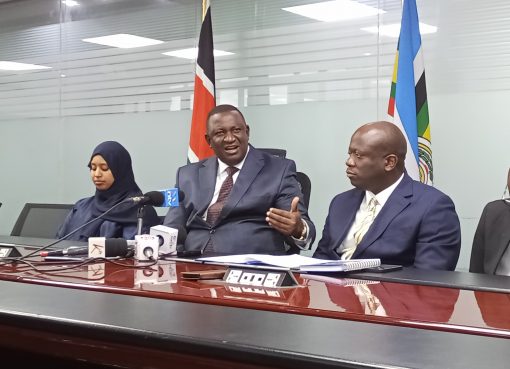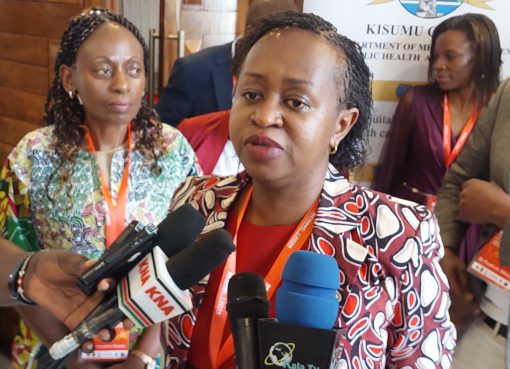Lamu County is set to resume their annual Cultural festival after three years of disruption, since the onset of Covid-19 in 2020.
Speaking to the media Wednesday, Governor Issa Timamy disclosed that the county was planning to host the Lamu Cultural Festival from November 24 to 26 in a bid to revive the local tourism sector that suffered a major slump, occasioned by the global pandemic.
“The impact that Covid-19 had on the county’s festivals calendar and especially tourism sub sector cannot be understated,” he said, adding key stakeholders in the hospitality industry mainly hoteliers and tour guides have borne the brunt of the pandemic.
He also took a swipe at the previous regime for turning a blind eye to tourism, despite earning the county the much needed revenue and also providing myriad of job opportunities to the locals.
He acknowledged that although the Covid-19 crisis was partly to blame for the decline in tourism, his predecessor also failed to implement a tourism policy paper that would have enabled the County’s festival calendar thrive despite the pandemic.
“The Lamu Cultural Festival was being poorly run way back in 2018, even before the pandemic, with many sponsors pulling out of the extravaganza that is usually the main attraction for tourists in the county,” Timamy said.
According to data collected by the Lamu Tourism Association, the coastal county lost at least Sh20 million annually by failing to host the annual event, partly due to Covid-19 crisis and also failure by the past regime to boost the sector.
Since 2014, the Lamu Cultural Festival has been the hallmark of the county’s tourism calendar, with more than 30,000 domestic and international guests swarming the coastal old town for an experience of the Swahili Culture and festivities.
The yearly festival calendar included the colourful Maulid Art festival, Food and Expo, Yoga Festival, Kite and Painters festivals, Shela Hat Contest and Fishing Festival which have been able to attract both domestics and foreign tourists.
“With only Sh18 million being allocated annually since 2017 up to last year towards the development of trade and tourism, it is easy to see where the rain started beating us, for there hasn’t been any substantial allocation towards the Lamu Cultural Festival,” stated Fridah Njeri, the Lamu Tourism Association (LTA) Vice Chairperson.
She further noted that the annual event was in dire need of proper marketing to get it back its former glory.
The same sentiments were echoed by Joseph Muye Tsuma, General Manager to the Red Pepper House, who voiced his optimism over the huge impact that the forthcoming Lamu Cultural Festival will have this year.
“As we approach the tourist high season, the Lamu County Government needs to work closely with tourism stakeholders in order to make the event a success,” he said.
He further revealed that Lamu Tourism stakeholders are already planning a Shark Festival in October as a precursor to the Lamu Cultural Festival, which is the festival calendar’s crown jewel.
The county Trade and Tourism Chief Officer Atwaa Salim on his part, stated that his department is already working on a sufficient budgetary allocation and plans to ensure that the Lamu Cultural Festival becomes a success.
At the same time, there have been calls by influential Lamu tourism stakeholders, chiefly Lamu Tourism Association Chairman Ghalib Alwy who has in the past reiterated the need to revamp the Lamu Cultural Festival Committee in a bid to ensure the festival is well managed.
National Museums of Kenya Lamu Curator Mohammed Mwenje further commended the county government for its efforts to revive the Lamu Cultural Festival, adding that it will aid in marketing the county as a popular tourist destination.
His counterpart Kassim Ahmed, the Lamu NMK Administrator shared similar sentiments, stating that the county government needs to work closely with stakeholders in the sector, including security to ensure the festival’s marketability is achieved.
By Amenya Ochieng





